Health & Medicine
-
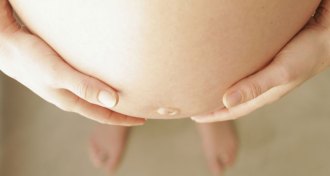 Health & Medicine
Health & MedicineNew definition of ‘full term’ narrows on-time arrival window
Until now, babies born at any time during a wide five-week window were considered fully cooked. Now, a panel of clinicians says otherwise.
-
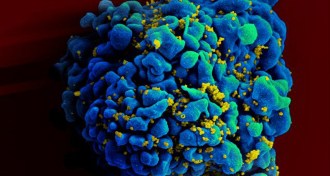 Health & Medicine
Health & MedicineInactive HIV poses even greater barrier to cure
The reservoir of dormant virus strains is larger than scientists estimated, a finding that could make the virus harder to combat.
By Science News -
 Health & Medicine
Health & MedicineInfant digestive problem more likely with formula
Hypertrophic pyloric stenosis, which causes forceful vomiting, is more common in babies not breast-fed.
By Nathan Seppa -
 Health & Medicine
Health & MedicineSeek Meningitis Vaccine
Excerpt from the November 9, 1963, issue of SCIENCE NEWS LETTER.
By Science News -
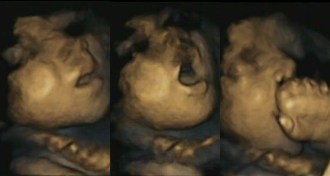
-
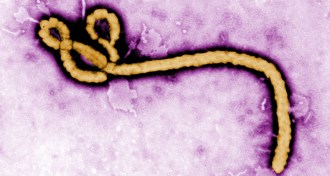 Health & Medicine
Health & MedicineHopes raised for Ebola treatment
Most monkeys given dual therapy survive infection with lethal virus.
By Nathan Seppa -
 Health & Medicine
Health & MedicineAudio therapy may avert chemo-induced hearing loss
Mice exposed to loud sound before getting chemotherapy preserve valuable cells in the inner ear, a new study shows.
By Nathan Seppa -
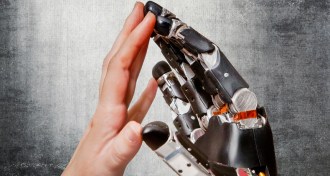 Health & Medicine
Health & MedicineElectrodes dupe brain into feeling touch
Stimulating the right neuron at the right time gave monkeys the sensation of contact.
-
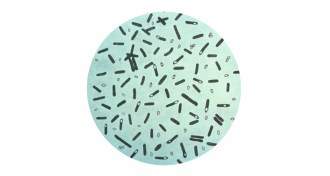
-
 Health & Medicine
Health & MedicineElusive baby sleep miracles remain elusive
There is little evidence to support sleep-training interventions for babies younger than six months. Sorry, sleep-deprived parents.
-
 Health & Medicine
Health & MedicineHighlights from annual meeting of infectious disease specialists
Heartburn pills increase risk of pneumonia, a better catheter and more were presented October 2-6, 2013 at ID Week in San Francisco.
By Nathan Seppa -
 Health & Medicine
Health & MedicineOld drug may have new trick
Parkinson’s medication helps mice with condition that mimics MS.
By Nathan Seppa